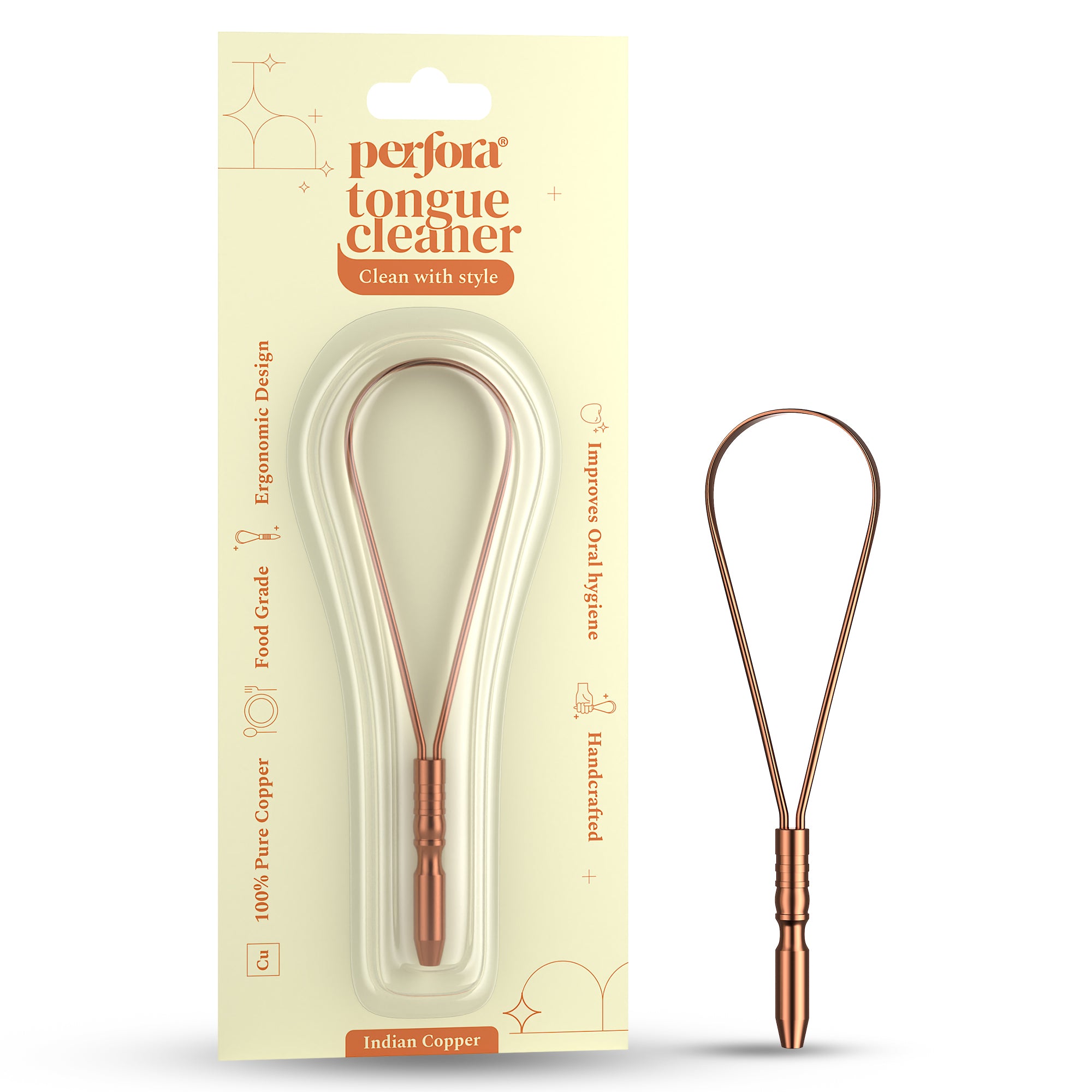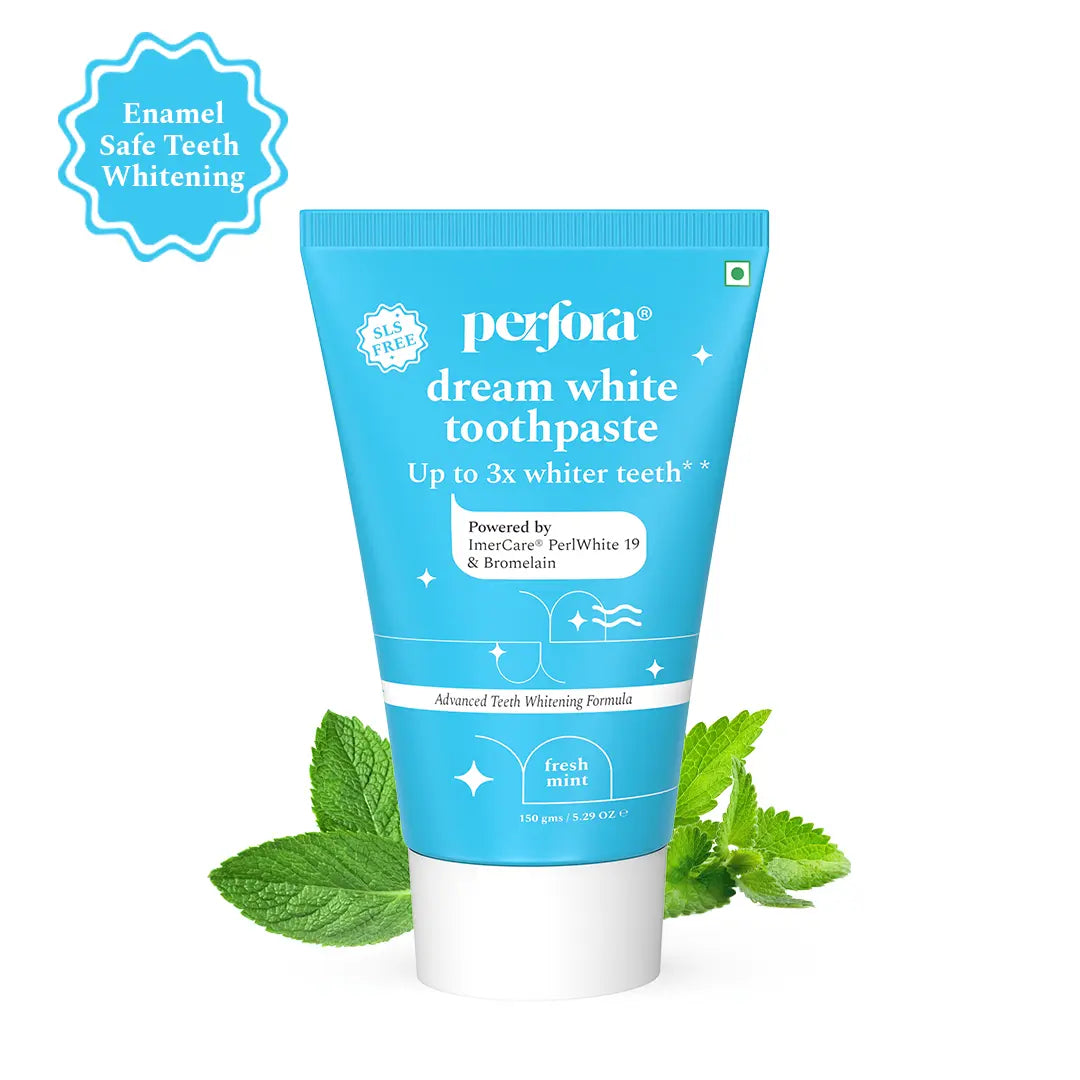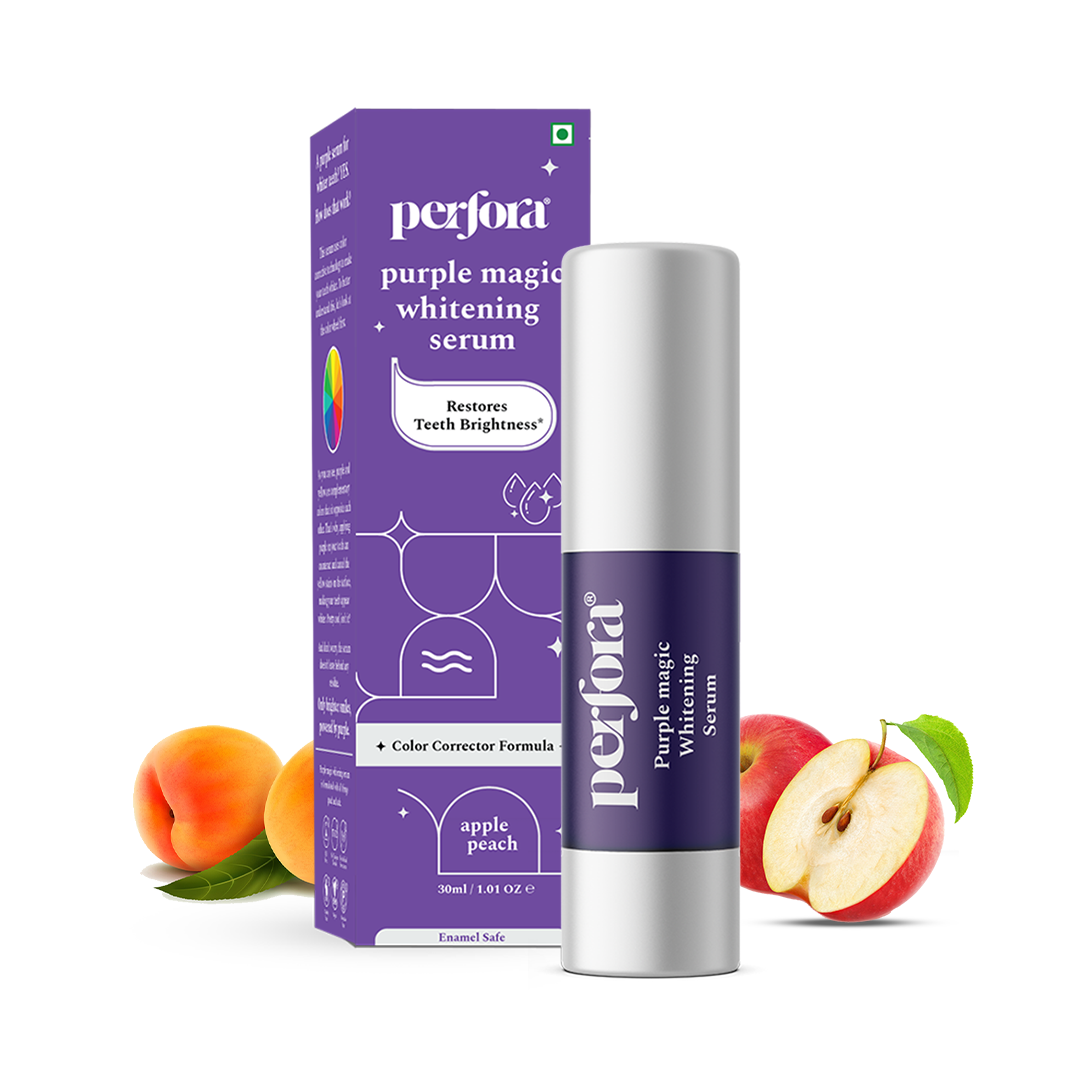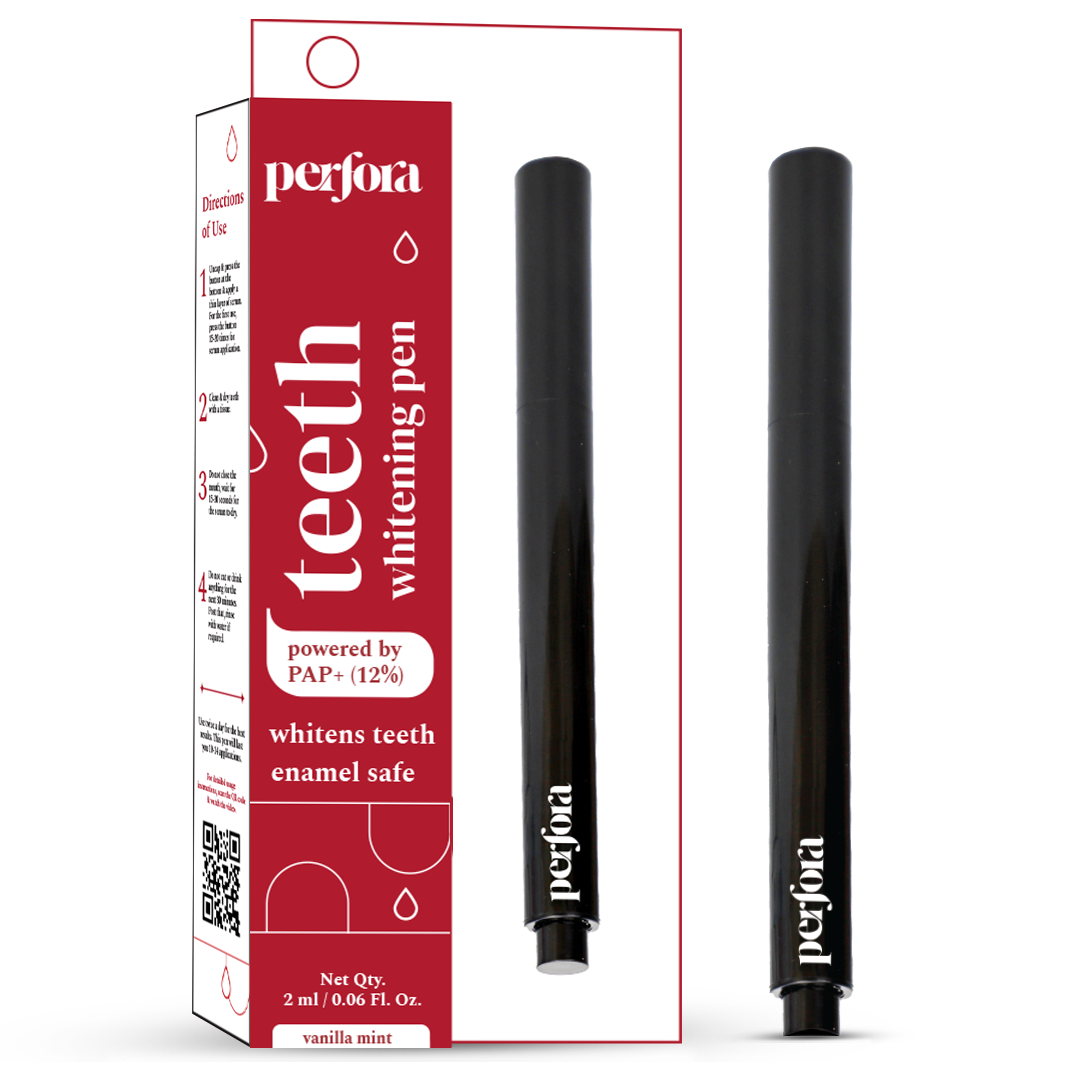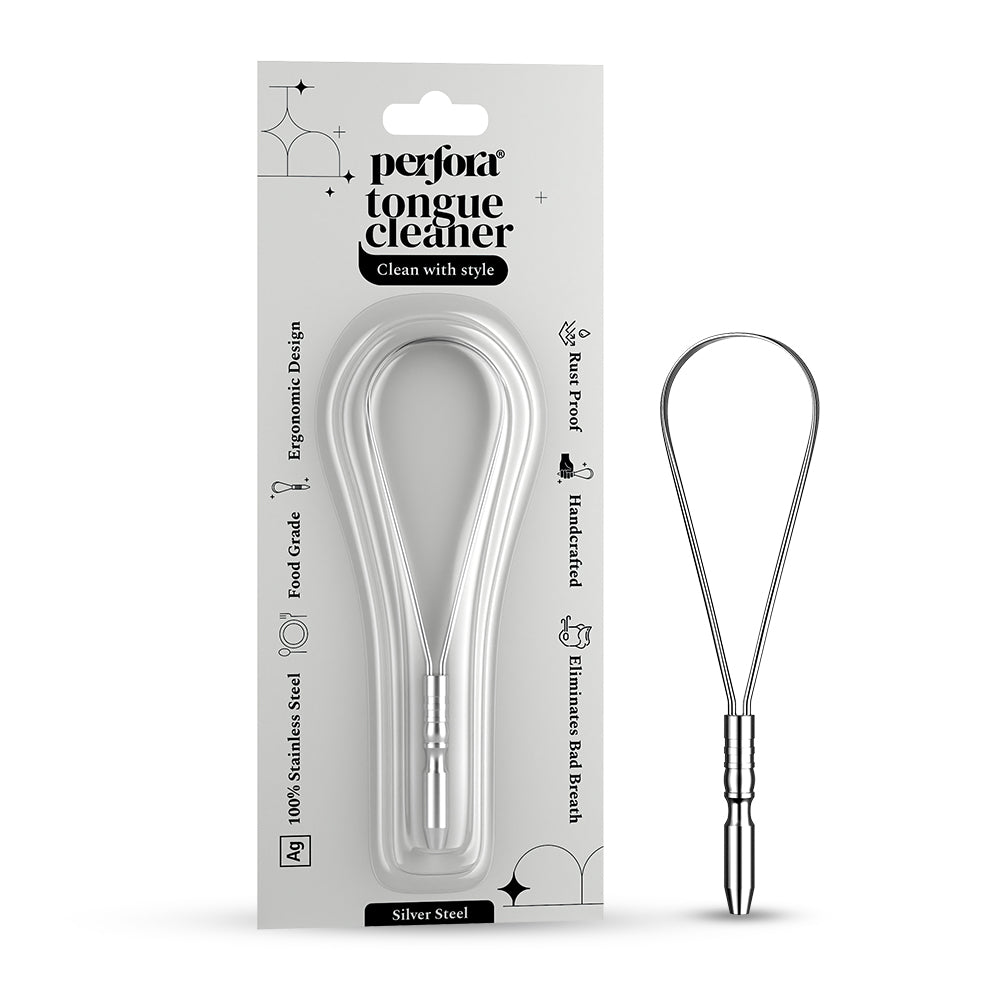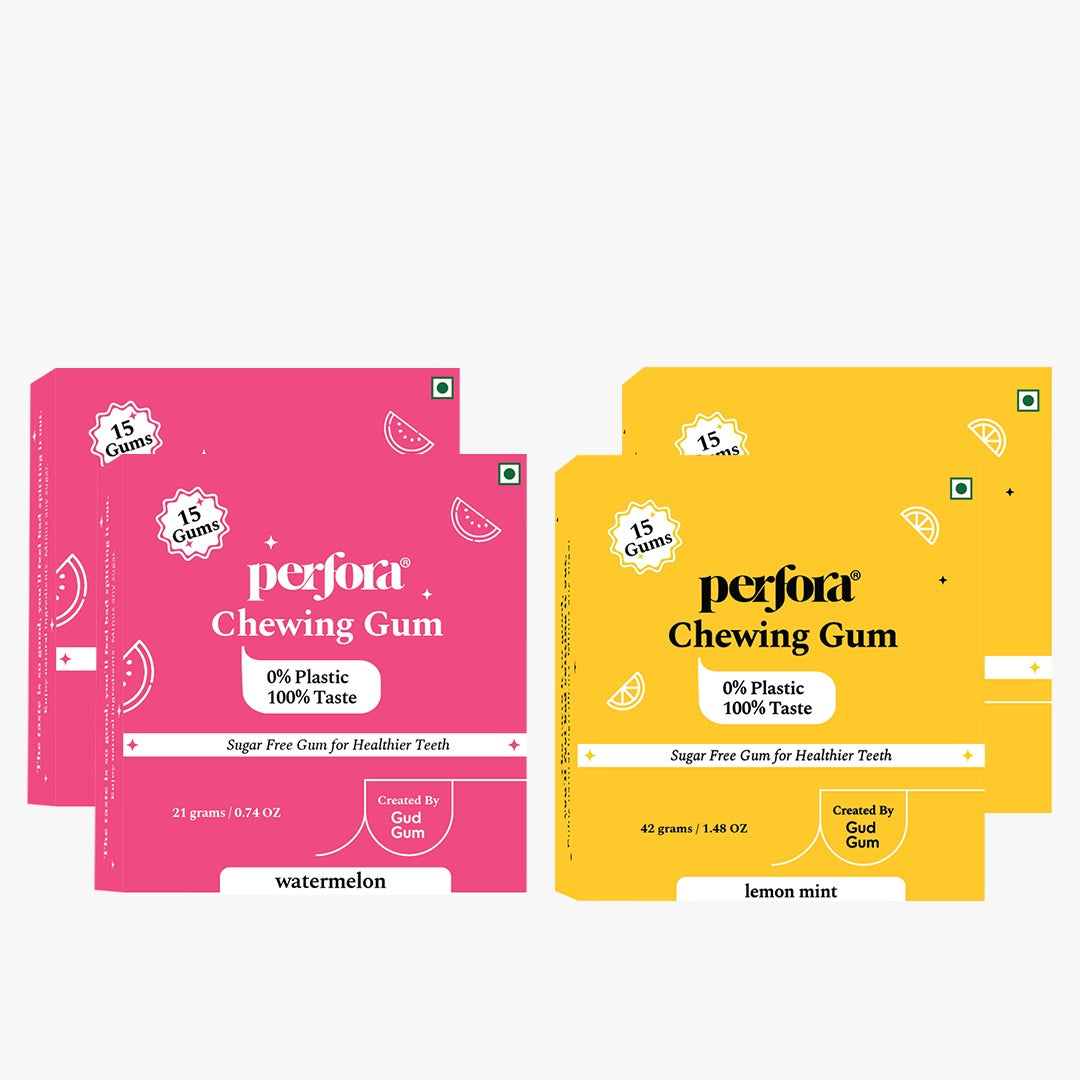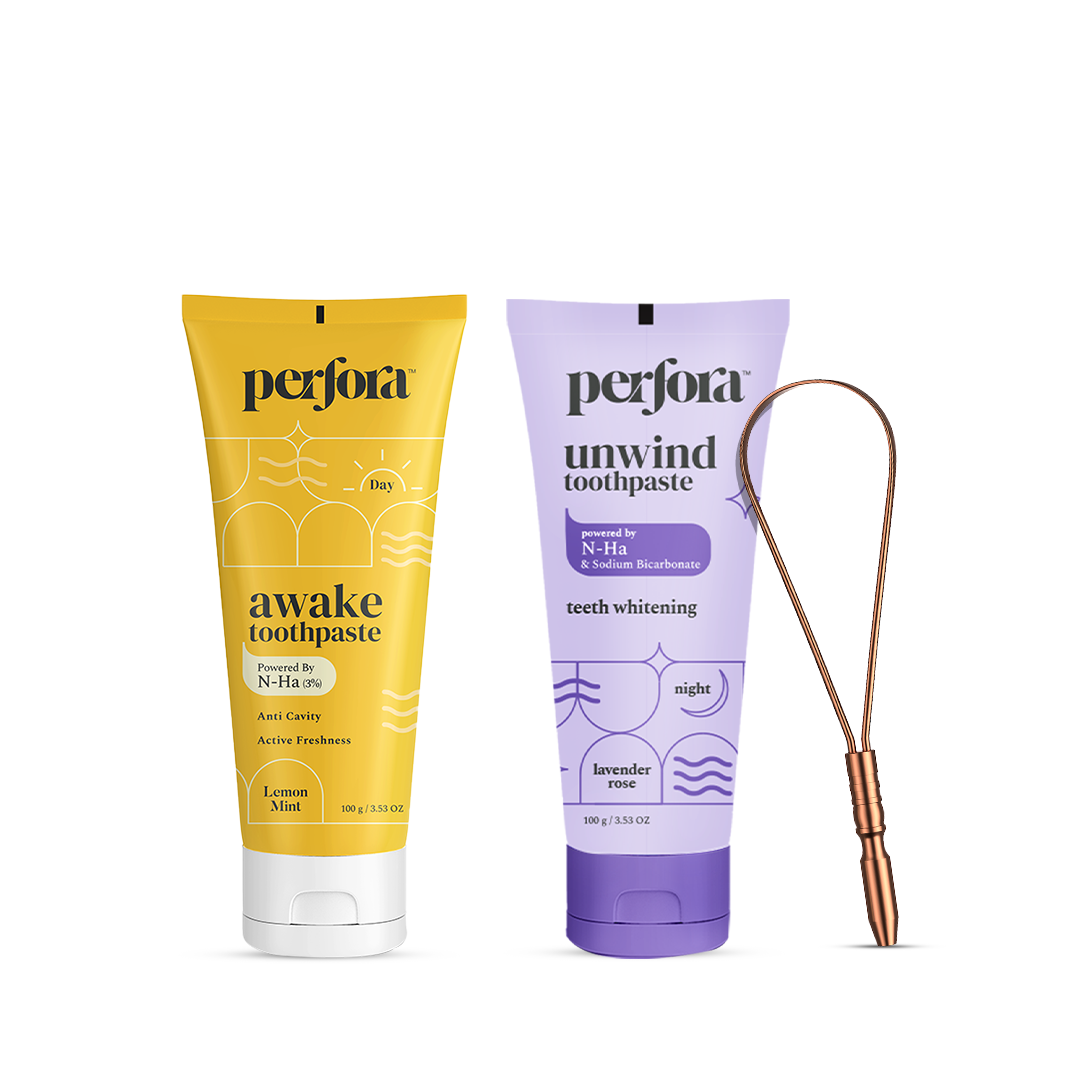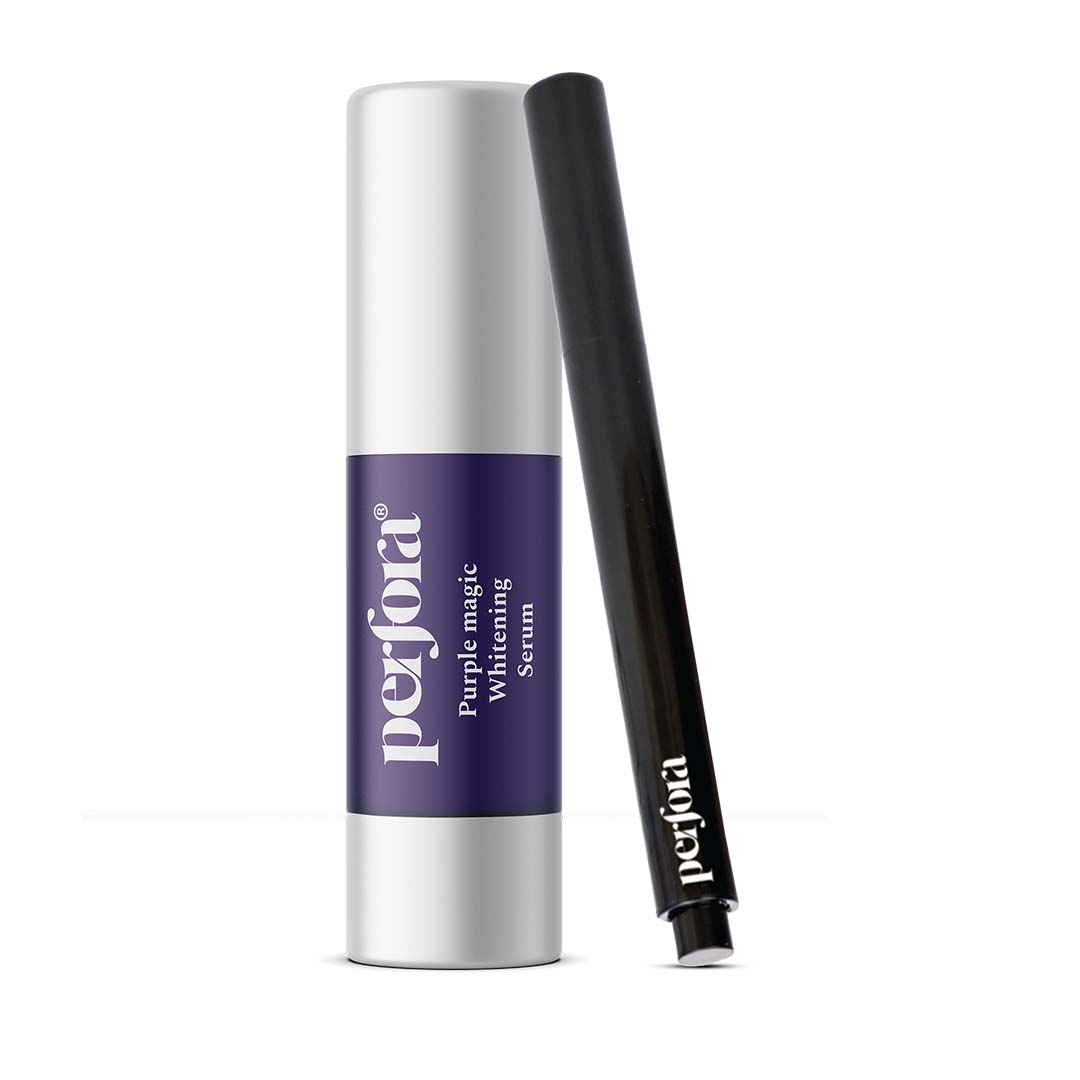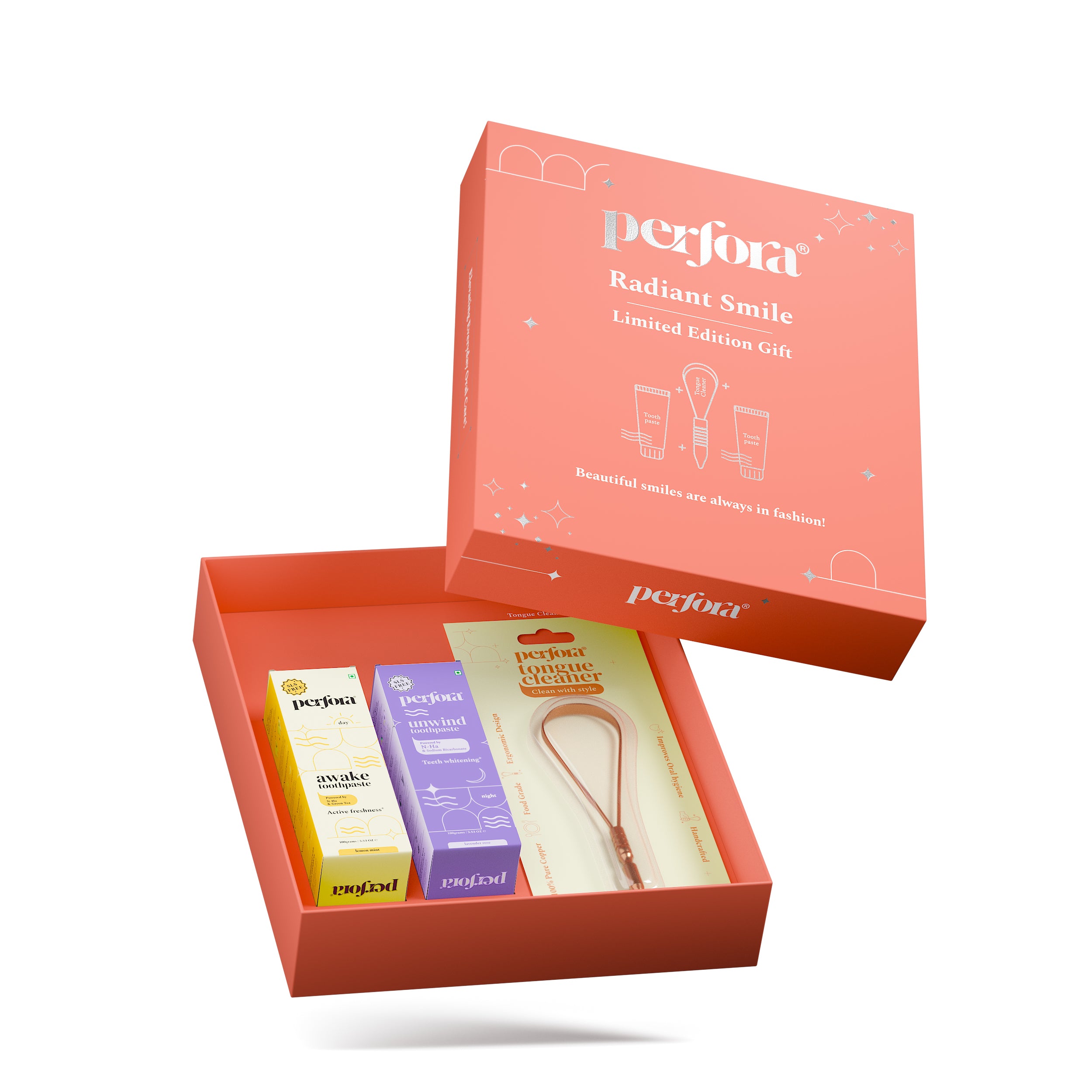If you have ever had a dental filling, you may have experienced some degree of painful teeth after filling. This is a common and normal reaction, as your tooth adjusts to the new material and heals from the cavity removal. However, some people may find the sensitivity unbearable, especially if it interferes with their daily activities such as eating, drinking, or brushing. In this article, we will explain why dental fillings can cause sensitivity, how to take care of your teeth immediately after the filling, and what home remedies can help you manage the discomfort. We will also tell you when you should be concerned about your sensitivity and seek professional help. Finally, we will share some pro tips on how to prevent sensitivity and maintain your oral health in the long run.
Key Takeaways
- Dental fillings can cause sensitivity due to gaps or cracks in the filling material, improper bite alignment, or irritation of the tooth's pulp.
- After getting a dental filling, it's important to follow post-filling care instructions, including avoiding certain foods and drinks, practicing gentle brushing and flossing, and using a fluoride-free toothpaste like Perfora's Natural Whitening Toothpaste.
- Home remedies such as salt water rinses, clove oil, garlic, and turmeric can help manage post-filling sensitivity.
- If sensitivity after dental filling persists or is accompanied by severe pain, swelling, or an allergic reaction, it's important to seek professional dental help. Regular dental visits and a balanced diet are also key to long-term care for filled teeth.
Understanding Dental Fillings and Sensitivity
A dental filling is a restorative procedure that involves removing the decayed or damaged part of a tooth and replacing it with a filling material. The most common types of filling materials are amalgam (silver), composite resin (tooth-colored), gold, or porcelain. Each type has its own advantages and disadvantages, depending on the size, location, and condition of the cavity.
Dental fillings can cause sensitivity for several reasons. One is that the filling material may not match the natural thermal expansion and contraction of your tooth, which can create gaps or cracks that expose the nerve endings. Another is that the filling may be too high or too low, which can affect your bite and put pressure on the tooth. A third reason is that the filling may irritate the pulp, which is the soft tissue inside the tooth that contains blood vessels and nerves. This can happen if the cavity was deep or close to the pulp, or if the filling was not properly sealed.
The sensitivity you feel after a dental filling can vary in intensity, duration, and trigger. Some people may feel a mild tingling or throbbing sensation, while others may experience a sharp or shooting pain. Some people may only feel sensitive when they eat or drink something hot, cold, sweet, or sour, while others may feel it constantly. Some people may notice the sensitivity subside within a few days or weeks, while others may have it for months or even years. For a deeper understanding of the causes of this discomfort, visit our blog to explore the causes of sensitive teeth and find relief strategies.
Immediate Post-Filling Care
The first thing you should do after getting a dental filling is to follow the instructions of your dentist. They will tell you how to take care of your teeth and what to avoid until the filling sets and heals. Here are some general guidelines to keep in mind:
- Avoid eating or drinking for at least an hour after the filling. This will allow the filling material to harden and bond with your tooth. If you eat or drink too soon, you may damage or dislodge the filling.
- Avoid chewing on the filled tooth for at least 24 hours. This will prevent your tooth from hurting when chewing after filling. If you have to eat, choose soft foods and chew on the opposite side of your mouth.
- Avoid hot, cold, sweet, or sour foods and drinks for a few days. These can trigger sensitivity after cavity filling and inflammation in the tooth and the surrounding tissues. If you have to consume them, do so in moderation and use a straw to minimize contact with the tooth.
- Avoid smoking, alcohol, and caffeine for at least 48 hours. These can interfere with the healing process and increase the risk of infection and bleeding. They can also stain or discolor your filling, especially if it is made of composite resin.
- Brush and floss your teeth gently and carefully. This will help keep your mouth clean and prevent plaque and bacteria from accumulating around the filling. However, be gentle and avoid brushing or flossing too hard or too soon, as this can irritate the tooth and cause bleeding. Use a soft-bristled electric toothbrush and an SLS free toothpaste, such as Perfora’s Toothpastes, which is specially formulated to protect and nourish your teeth without harsh chemicals.
Home Remedies for Managing Teeth Sensitivity After Dental Filling
While teeth hurting after a dental filling is normal and usually temporary, it can still be annoying and uncomfortable. Fortunately, there are some simple and effective home remedies that can help you ease the pain and inflammation. Here are some of them:
- Salt water rinse- Salt water is a natural antiseptic and anti-inflammatory agent that can help reduce swelling and infection in the mouth. It can also soothe the irritated nerve endings and balance the pH level of the mouth. To make a salt water rinse, dissolve a teaspoon of salt in a glass of warm water and swish it around your mouth for a few minutes.
- Clove oil- Clove oil is a natural anesthetic and antibacterial agent that can help numb the pain and kill the germs in the mouth. It can also stimulate blood circulation and promote healing in the tooth. To use clove oil, dip a cotton ball or swab in the oil and apply it gently to the affected tooth for a few seconds.
- Garlic- Garlic is a natural antibiotic and anti-inflammatory agent that can help fight infection and reduce inflammation in the mouth. To use garlic, crush a clove and mix it with some salt and water to make a paste. Apply it to the affected tooth and leave it for a few minutes. Rinse your mouth with water and repeat this once or twice a day.
- Turmeric- Turmeric is a natural anti-inflammatory and antioxidant agent that can help reduce swelling and pain in the mouth. To use turmeric, mix a teaspoon of turmeric powder with some water or honey to make a paste. Apply it to the affected tooth and leave it for a few minutes. Rinse your mouth with water and repeat this twice a day.
For more such home remedies for dental sensitivity, head over to our blog on home remedies for sensitive teeth.
Understanding When Sensitivity is a Concern
While most cases of sensitivity on tooth after filling are mild and temporary, some may indicate a more serious problem that requires immediate attention. You should contact your dentist if you experience any of the following symptoms:
- Severe or persistent pain- If your pain is unbearable or does not subside within a few weeks, it may mean that the filling is too high or too low, or that the nerve is damaged or infected. Your dentist may need to adjust or replace the filling, or perform a root canal treatment to save the tooth.
- Swelling or pus- If you notice any swelling or pus around the filled tooth or in the gums, it may mean that you have an abscess or a bacterial infection. This can be very dangerous and lead to serious complications such as fever, nausea, or sepsis. Your dentist may need to drain the abscess, prescribe antibiotics, or extract the tooth.
- Allergic reaction- If you develop any rash, itching, or breathing difficulty after getting a dental filling, it may mean that you are allergic to the filling material. This is rare, but can be life-threatening if not treated promptly. Your dentist may need to remove the filling and replace it with a different material, or administer antihistamines or steroids to counter the reaction.
Long - term Care for Filled Teeth
Once your sensitivity subsides and your tooth heals, you should take good care of your filled teeth to prevent further decay and damage. Here are some tips on how to do that:
- Brush and floss your teeth regularly - This will help keep your teeth and gums clean and healthy, and prevent plaque and bacteria from eroding your filling or causing new cavities. Use a soft-bristled toothbrush and a fluoride-free toothpaste, such as Perfora’s toothpastes, which is specially formulated to protect and nourish your teeth without harsh chemicals. Floss at least once a day to remove any food particles or debris that may get stuck between your teeth or around your filling.
- Avoid hard, sticky, or acidic foods and drinks - These can damage your filling or cause sensitivity and decay in your tooth. Examples of such foods and drinks are ice, nuts, candy, soda, citrus fruits, vinegar, etc. If you have to consume them, do so in moderation and rinse your mouth with water afterwards.
- Visit your dentist regularly - Your dentist can check your filling and your overall oral health, and detect any problems or issues before they become worse. They can also clean your teeth and remove any tartar or stains that may accumulate over time. You should visit your dentist at least twice a year, or more often if you have any concerns or special needs.
Pro Tips
To conclude, here are some pro tips that can help you prevent sensitivity and maintain your oral health in the long run:
- Choose the right filling material. Different filling materials have different properties and suitability for different types of cavities. You should consult your dentist and choose the best option for your case, considering factors such as cost, durability, appearance, and compatibility.
- Use fluoride-free products. Fluoride is a chemical that is added to many dental products and water supplies to prevent tooth decay. However, fluoride can also have negative effects on your health, such as weakening your enamel, staining your teeth, disrupting your hormones, and causing fluorosis. You should avoid using fluoride products and opt for natural alternatives, such as Perfora’s safe and effective range of oral care products, which are made from organic and vegan ingredients that are safe and effective for your teeth and gums.
- Eat a balanced and nutritious diet. Your diet plays a vital role in your oral health, as well as your overall health. You should eat a variety of foods that are rich in vitamins, minerals, antioxidants, and fiber, such as fruits, vegetables, nuts, seeds, grains, etc.
FAQs on Tooth Pain After a Filling
1. Why does my tooth filling hurt after months?
Teeth may hurt or feel sensitive for a few days or weeks after a filling, depending on the type and size of the filling, the depth and location of the cavity, and the individual’s pain tolerance. However, if the pain is severe, persistent, or accompanied by other symptoms, such as fever or swelling, it may indicate a more serious problem that requires immediate attention from a dentist.
2. Why is my toothache getting worse after a filling?
A toothache that gets worse after a filling may be caused by several factors, such as an incorrect bite alignment, a cracked or loose filling, a damaged or infected nerve, or an allergic reaction to the filling material. These issues can cause increased pressure, irritation, or inflammation in the tooth and the surrounding tissues, resulting in more pain and sensitivity.
3. How do you stop a tooth from hurting after filling?
To stop a tooth from hurting after filling, you can try some home remedies, such as rinsing your mouth with salt water, applying clove oil, garlic, or turmeric to the affected tooth, or taking over-the-counter painkillers, such as ibuprofen or acetaminophen. However, these remedies are only meant to provide temporary relief and do not address the underlying cause of the pain.
